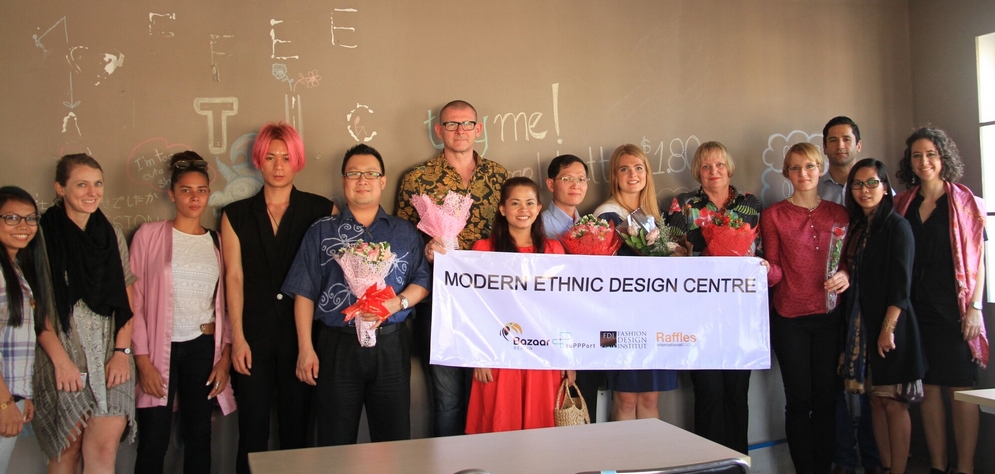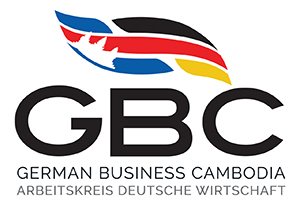- Posted on: February 22, 2017

A German initiative intended to support Cambodian designers was officially launched in Phnom Penh during an opening ceremony attended by local designers, students and trade organizations on 14 February 2017. Established by Messe Berlin and supported by Germany’s Fashion Design Institute (FDI) and Raffles International College in Cambodia, the Modern Ethnic Design Centre (MEDC) includes training and a visit to the well-known fair trade Bazaar Berlin taking place each November.
By offering great chances to local designers to market their collections and establishing long-term business relations abroad, the three year project follows a laudable aim. Annually, 15 Cambodian designers receive training by a German fashion design graduate from FDI in developing collections which combine traditional designs with European trends. In addition, MEDC is supposed to facilitate access to the European Single Market, the world’s largest domestic market.
Each year, five Cambodian designers will have the opportunity to visit Bazaar Berlin in order to promote their collections, meet their peers and to develop sales channels through marketing events.
The project also targets empowering local communities in rural areas and keeping traditional Cambodian skills vital. Therefore, the MEDC designers will work with traditional weaving villages and integrate handwoven, naturally dyed fabrics into their collections. The project will ensure products are manufactured under fair conditions and aims at certifying products developed in the MEDC.
The project was initiated together with suPPPort Ltd., a German-led consulting company for sustainable development projects. Notably, the company facilitated the MEDC receiving funds through the develoPPP.de program, a public private partnership funding scheme established by Germany’s Federal Ministry of Economic Cooperation and Development. It provides assistance for driving forward a company’s innovative projects in developing countries and emerging markets, while generating long-term benefits for the local population. Generally, any company which plans to establish a project in a developing country (according to OECD-DAC) can apply for funds.
